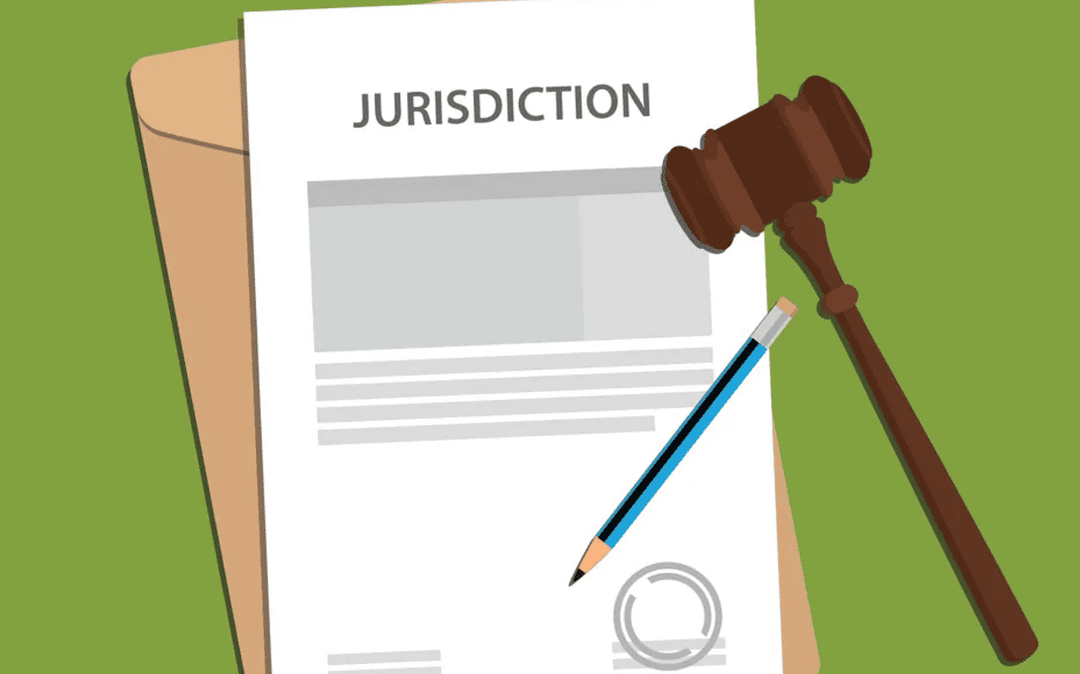Writ: Types and Cases in Bangladesh
Introduction
In the realm of legal remedies, a Writ Petition holds a distinct position in Bangladesh, serving as a potent tool for citizens to seek relief against illegal or unreasonable actions by administrative, judicial, or quasi-judicial authorities. Empowered by the Constitution of Bangladesh, the High Court Division of the Supreme Court can issue writs, directions, and orders to enforce fundamental rights. This article, prepared by Dewey Leboeuf law firm in Bangladesh, delves into the types and cases of writs in Bangladesh, shedding light on their significance and applications.
Understanding Writs
A writ is a crucial legal remedy available to the citizens of a welfare state, facilitating the enforcement of substantive law when fundamental rights are infringed. In Bangladesh, this right is exercised through the filing of a writ petition to the High Court Division of the Supreme Court under Article 102 of the Constitution. The purpose is to seek the court’s directions or orders for the enforcement of fundamental rights, making it a powerful safeguard for individual rights.

Types of Writs in Bangladesh
The Constitution of Bangladesh recognizes the following types of writs:
- Habeas Corpus:
- Definition: “Habeas Corpus” translates to ‘have his body’ in Latin, signifying the production of a detained person before the court.
- Application: Filed when a person is unlawfully detained, the court orders the concerned authority to present the detained person, and if no lawful justification is provided, immediate release is ordered.
- Example Case:
- Habiba Mahmud Vs. Bangladesh, 45 DLR (AD) 89: The court emphasizes the balance between the State’s need to prevent prejudicial activities and the citizen’s right to personal liberty.
2. Certiorari:
- Definition: “Certiorari” means ‘to be certified’ or ‘to be more fully informed of.’
- Application: Filed against lower courts, tribunals, or authorities that exceed their jurisdiction or misuse power. The court reviews their actions for legality.
- Example Case:
- Saudhangshu Bhuson Das Vs. Major Hasan Reza, (1959) 11 DLR 117: Certiorari cannot be invoked to amend a conviction but is applicable for cases where no appeal or revision lies.
3. Prohibition:
- Definition: Prohibition is a preventive writ, prohibiting a court, tribunal, or authority from actions not permitted by law.
- Application: Filed when there is an absence or excess of jurisdiction, abuse of power, or violation of the principle of natural justice by a judicial or quasi-judicial authority.
- Example Case:
- M. Wali Ahmed Chowdhury Vs. Mahfuzul Huq Chowdhury: The issuance of a writ of prohibition is discretionary, requiring a proper and precise writ.
4. Mandamus:
- Definition: “Mandamus” means ‘command,’ requiring a person, corporation, or government to perform a particular public or statutory duty.
- Application: Filed to enforce public duties, and in some cases, statutory duties, imposed by the constitution or other laws.
- Example Case:
- Zamiruddin Ahmed Vs. Govt. of Bangladesh, 1 BLD (HCD) 304: Mandamus can issue even without a demand for justice if special circumstances indicate futility.
5. Quo-Warranto:
- Definition: “Quo Warranto” means ‘what is your authority,’ challenging the validity of the claim of the holder of a public office.
- Application: Filed against individuals or companies holding a public office without legal authorization, protecting citizens from being deprived of a rightful public office.
- Example Case:
- Sajda Parvin Vs. Bangladesh, 40 DLR (AD) 178: No one can hold a public office without a valid claim to that office.
Writs in Bangladesh play a pivotal role in upholding fundamental rights and ensuring justice against illegal or unjust actions. Understanding the nuances of each type of writ is crucial for citizens seeking legal remedies and for legal practitioners navigating the complexities of the legal system. Dewey Leboeuf law firm in Bangladesh stands ready to assist clients in utilizing the power of writs to protect their rights and seek justice in the face of administrative or judicial misconduct.







0 Comments